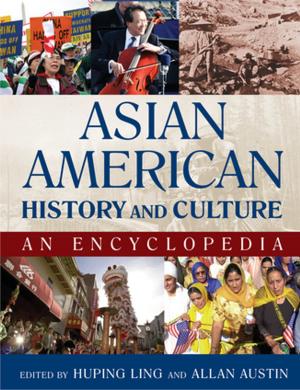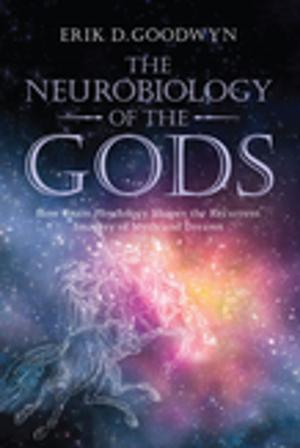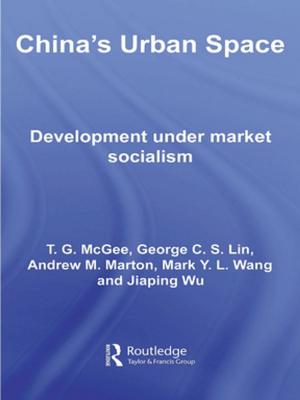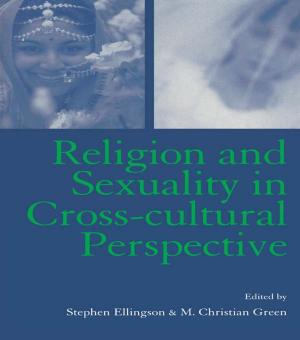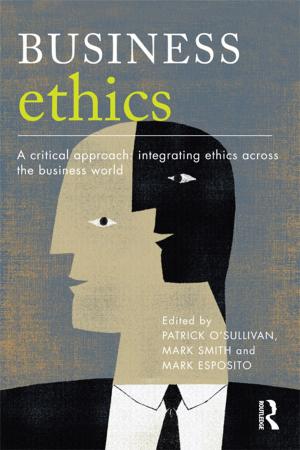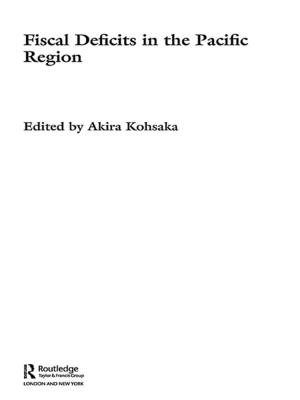Zhao Ziyang and China's Political Future
Nonfiction, Social & Cultural Studies, Political Science, Politics, Practical Politics, International| Author: | ISBN: | 9781134038817 | |
| Publisher: | Taylor and Francis | Publication: | May 13, 2013 |
| Imprint: | Routledge | Language: | English |
| Author: | |
| ISBN: | 9781134038817 |
| Publisher: | Taylor and Francis |
| Publication: | May 13, 2013 |
| Imprint: | Routledge |
| Language: | English |
What legacies have previous reformers like Zhao Ziyang left to today’s China? Does China have feasible political alternatives to today’s repressive ‘market Leninism’ and corrupt ‘state capitalism’? Does Zhao’s legacy indicate an alternative to the past and for the future?
For those who are familiar with the development of Chinese politics since the reform years, Zhao is now widely regarded as a major architect of the nation’s profound transition. His contributions to China’s post-Mao development are rich and multi faceted, including those on rural and urban economic reforms extending to accountable governance, liberal policies concerning domestic affairs and China’s foreign relations.
Featuring contributions from leading experts in the field such as Richard Baum and Xiaonong Cheng this book explores the historical development of China’s political reform issues, and how his political legacies are relevant to China’s political development since the 1980s to the future. Using recently translated recollection articles by veteran reformers who worked with Zhao in the 1980s, like Du Runsheng, An Zhiwen, Li Rui, Bao Tong, Zhao Ziyang and China's Political Future is a valuable contribution for students and researchers interested in the Chinese politics, Asian politics and political development in Asia.
What legacies have previous reformers like Zhao Ziyang left to today’s China? Does China have feasible political alternatives to today’s repressive ‘market Leninism’ and corrupt ‘state capitalism’? Does Zhao’s legacy indicate an alternative to the past and for the future?
For those who are familiar with the development of Chinese politics since the reform years, Zhao is now widely regarded as a major architect of the nation’s profound transition. His contributions to China’s post-Mao development are rich and multi faceted, including those on rural and urban economic reforms extending to accountable governance, liberal policies concerning domestic affairs and China’s foreign relations.
Featuring contributions from leading experts in the field such as Richard Baum and Xiaonong Cheng this book explores the historical development of China’s political reform issues, and how his political legacies are relevant to China’s political development since the 1980s to the future. Using recently translated recollection articles by veteran reformers who worked with Zhao in the 1980s, like Du Runsheng, An Zhiwen, Li Rui, Bao Tong, Zhao Ziyang and China's Political Future is a valuable contribution for students and researchers interested in the Chinese politics, Asian politics and political development in Asia.


